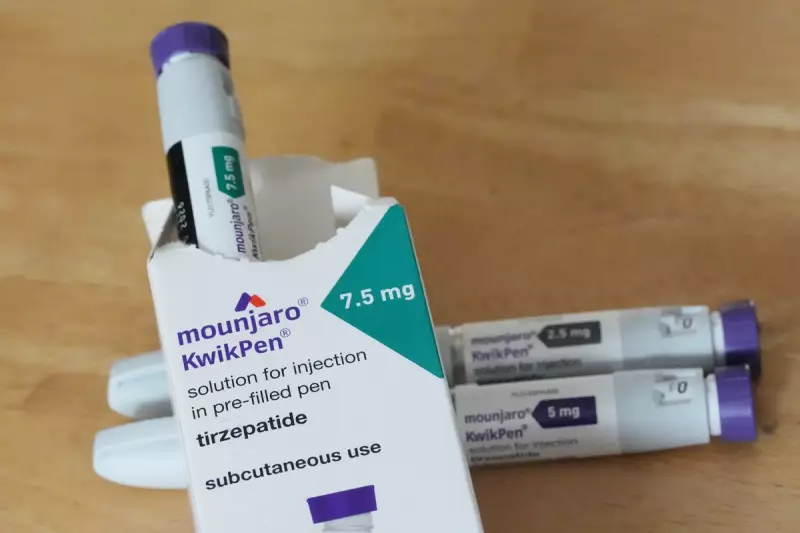
The National Health Service is grappling with a monumental challenge as revolutionary weight loss injections like Mounjaro and Wegovy create unprecedented demand, sparking a severe postcode lottery across England, The Independent can reveal.
Exclusive data obtained through Freedom of Information requests paints a stark picture: healthcare providers are facing bills running into millions of pounds to meet the soaring demand for these groundbreaking treatments.
The Postcode Prescription Lottery
Our investigation uncovers dramatic disparities in access to these life-changing medications. While some integrated care boards (ICBs) report modest expenditures, others face financial strain from overwhelming demand.
North East London ICB reported spending a staggering £2.45 million on GLP-1 receptor agonists like semaglutide (Wegovy/Ozempic) in just the first two months of 2024. Meanwhile, NHS Lancashire and South Cumbria invested £1.8 million during the same period.
Revolutionary Treatments, Soaring Costs
These medications represent a paradigm shift in obesity treatment. Mounjaro (tirzepatide) and Wegovy (semaglutide) work by mimicking gut hormones that:
- Suppress appetite and promote feelings of fullness
- Slow stomach emptying
- Target underlying biological mechanisms of weight regulation
Unlike previous weight management solutions, these drugs address obesity as a chronic medical condition rather than a lifestyle choice.
The Financial Burden on NHS Services
The cost variations between regions are dramatic. While some ICBs like Cornwall and Isles of Scilly spent just £1,368, the overall financial impact is overwhelming healthcare budgets.
Professor Nick Hex, a leading health economist, warns: "The demand is likely to be very, very high. The NHS needs to plan carefully how it will manage access to these drugs to ensure they go to those who would benefit most."
Specialist Weight Management Services Under Pressure
The crisis extends beyond medication costs. Specialist weight management services, essential for proper patient assessment and monitoring, are experiencing:
- Overwhelming referral numbers
- Lengthy waiting times exceeding 18 months in some regions
- Staff shortages and capacity issues
This creates a perfect storm where patients who qualify for treatment face unacceptable delays in accessing care.
The Road Ahead: Balancing Hope and Reality
While these medications offer hope for millions struggling with obesity and related conditions, the NHS faces difficult decisions about:
- Resource allocation and prioritisation criteria
- Long-term funding strategies
- Integrating pharmacological treatments with holistic care
- Ensuring equitable access across all regions
The Department of Health and Social Care maintains that "decisions about funding treatments are made by local NHS organisations based on their local population's needs", but this approach has resulted in the very postcode lottery causing current concerns.
As demand continues to grow, the NHS must find sustainable solutions to ensure these breakthrough treatments reach those who need them most, without compromising other essential services.





